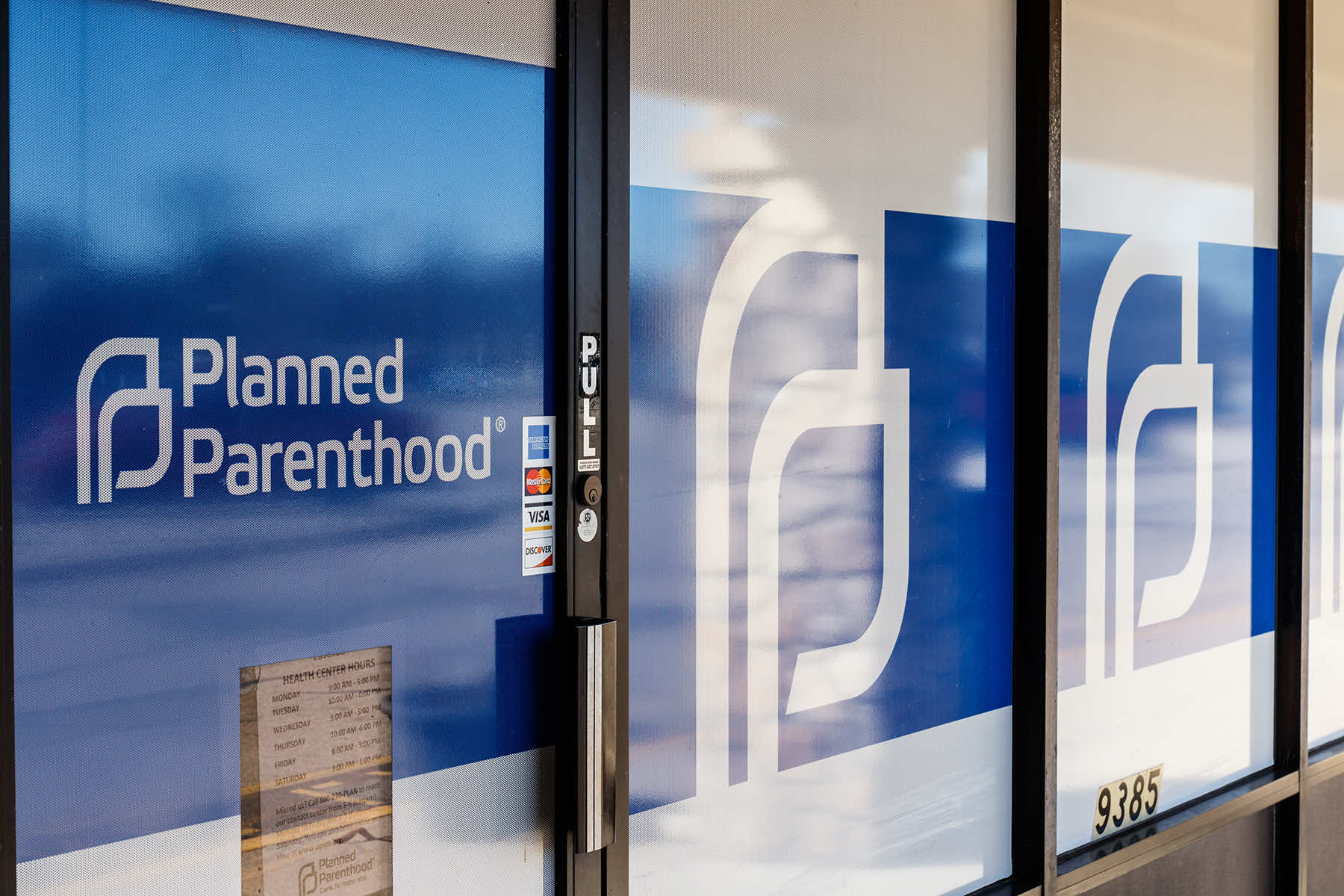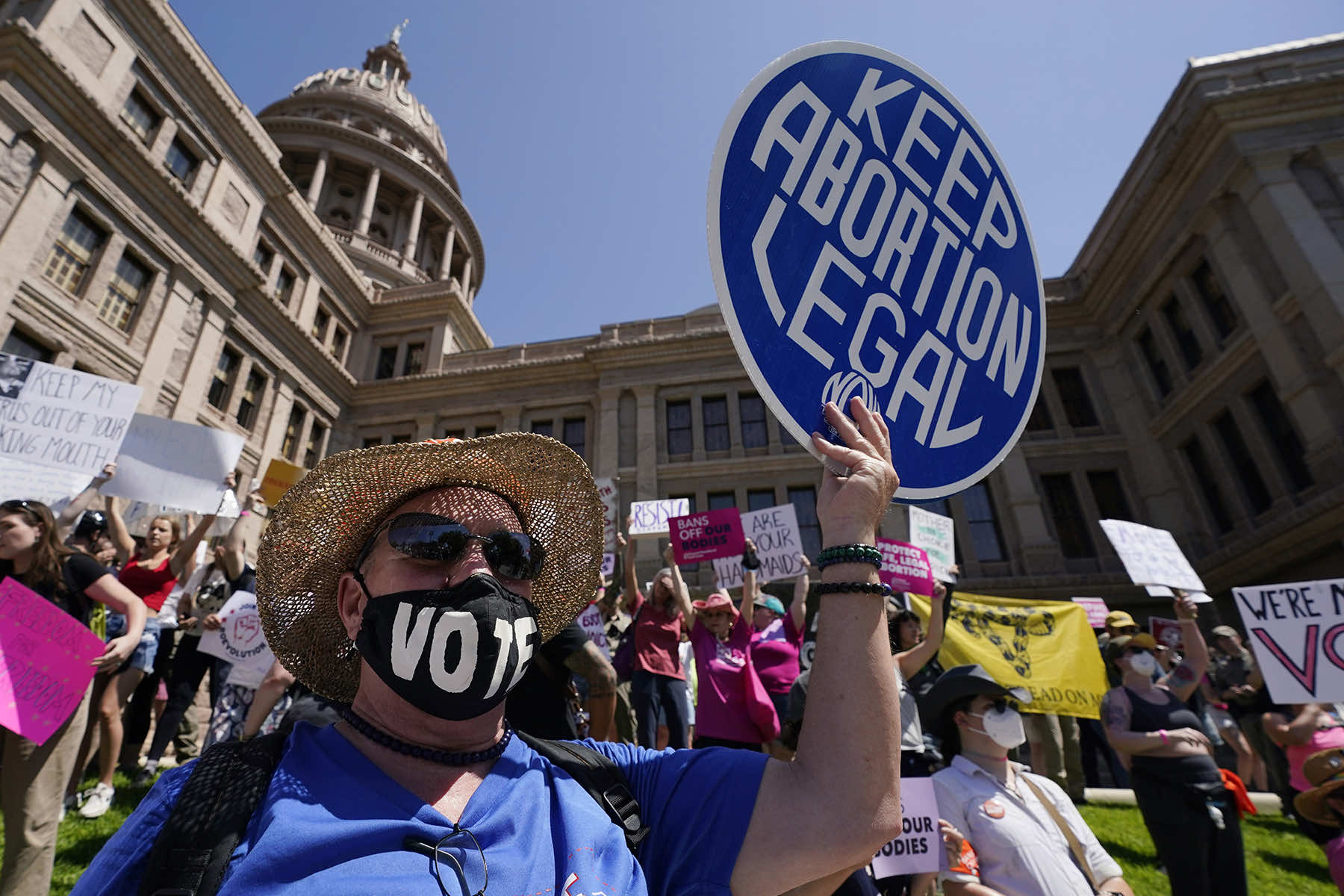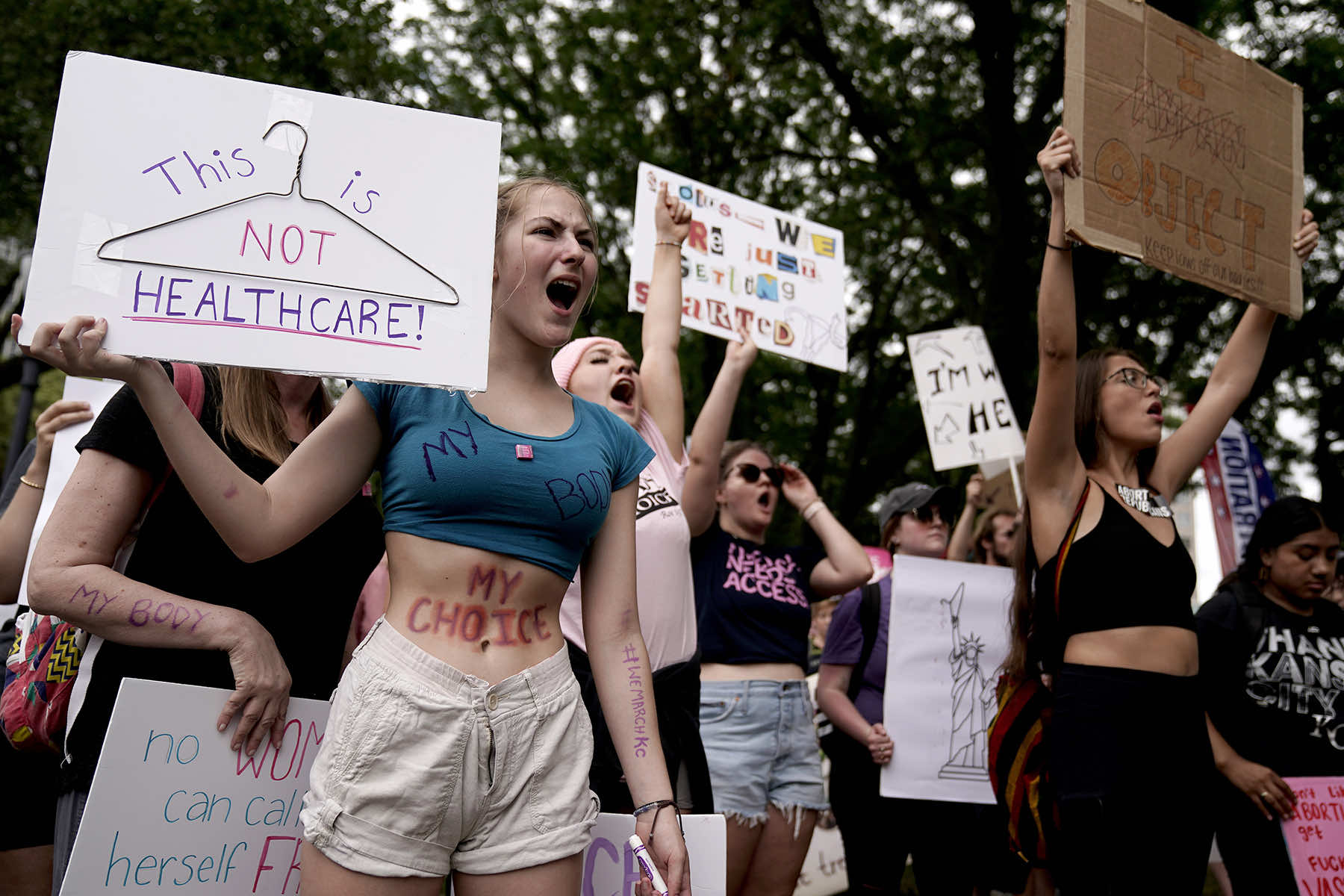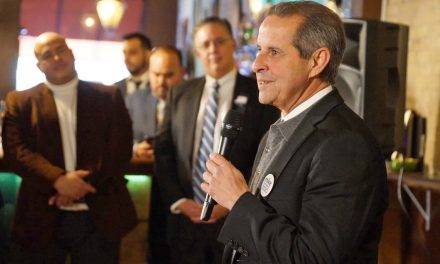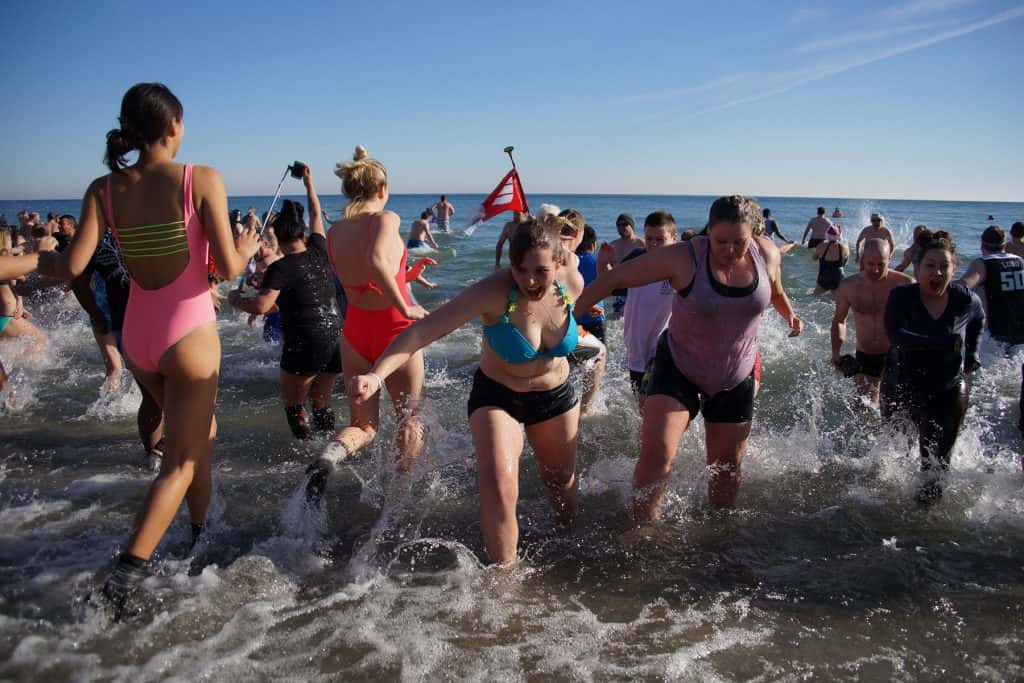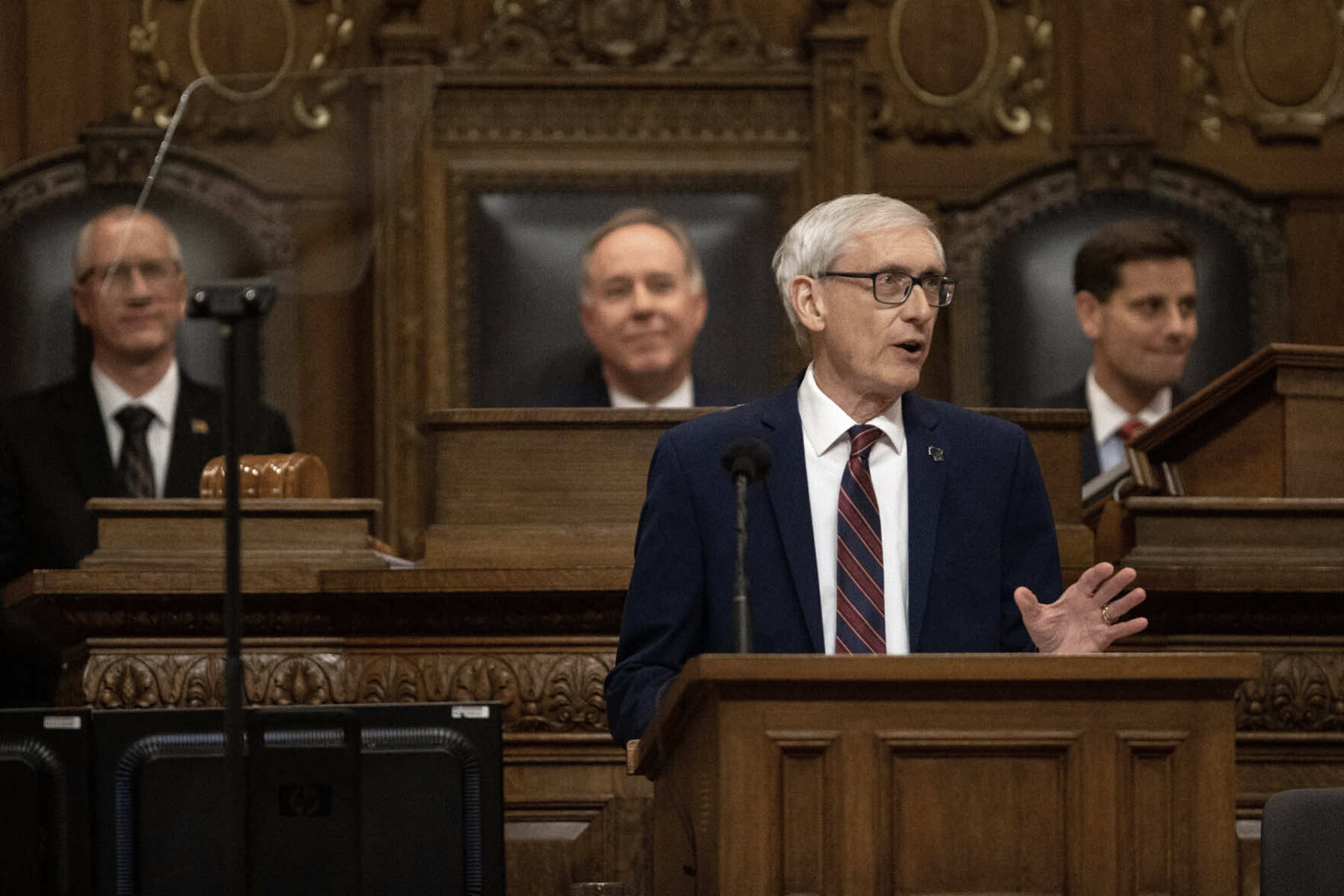
On June 24, 2022, the U.S. Supreme Court issued its decision in Dobbs v. Jackson Women’s Health Organization, overturning Roe v. Wade and Planned Parenthood of Southeastern PA. v. Casey and upending nearly 50 years of a constitutional right to abortion that Wisconsinites and Americans had relied upon for nearly five decades.
The U.S. Supreme Court decision to overturn Roe threw reproductive freedom in Wisconsin into chaos. Wisconsin remained one of several states with an outdated criminal abortion ban on the books. The statute was enacted in 1849, before the American Civil War and at a time when Wisconsin women did not have the right to vote
Healthcare providers and patients in Wisconsin were thrown into legal uncertainty, and nearly all abortion services in the state ceased. Since the U.S. Supreme Court overturned Roe, Wisconsin women have been without abortion care services, with few exceptions, for over a year now.
Days after the Dobbs decision was released, Governor Tony Evers and Attorney General Josh Kaul filed a lawsuit to clarify that Wisconsin’s outdated, total criminal ban on abortion is unenforceable. On July 7, 2023, the Dane County Circuit Court denied a motion to dismiss the case and decided to allow that lawsuit to continue.
In her ruling, the judge stated that “ … Wisconsin Statute § 940.04 does not prohibit a consensual medical abortion.” In response to the court’s ruling, Planned Parenthood of Wisconsin announced on September 14 that they would resume providing abortion services to patients in Wisconsin.
“I’ve been clear from the beginning that I would fight to restore reproductive freedom in our state with every power and every tool we have, and I’ve spent every day over the last year doing just that,” said Governor Evers. “Planned Parenthood of Wisconsin’s announcement as a result of our lawsuit, regarding Wisconsin’s criminal abortion ban, means Wisconsinites will once again be able to access vital reproductive healthcare and abortion services without exception for the first time since June of last year.”
Governor Evers and Democrats have been working to protect and defend reproductive freedom for Wisconsinites for the past four years, including in the wake of the U.S. Supreme Court’s decision to overturn Roe and decades of reproductive healthcare precedent with their ruling in Dobbs. Planned Parenthood of Wisconsin’s decision is critically important news for Wisconsin women and patients across our state who have been unable to access the healthcare they need when and where they need it.
“I also want to be clear, I will never let up. And we must not let up. Our fight to restore the same reproductive rights and freedoms Wisconsinites had up until the day the U.S. Supreme Court overturned Roe must continue,” added Governor Evers. “I will keep fighting like hell every day until Wisconsinites have the right to make their own healthcare decisions without interference from politicians who don’t know anything about their lives, their family, or their circumstances.”
Over the course of the past four years, the governor has vetoed several bills passed by the Legislature, including several during the last legislative session that would have restricted access to abortion, inserted politics into the personal and private conversations between patients and their healthcare providers and made it harder for doctors to provide medically accurate information and treatment.
Many of these bills also sought to limit healthcare options for people seeking basic, necessary care, such as pregnancy care, cancer screening and prevention, sexually transmitted disease screening and treatment, and wellness exams.
Prior to the Dobbs decision, Governor Evers joined legislative Democrats in calling on the Legislature to repeal Wisconsin’s archaic criminal abortion ban. When a leaked draft U.S. Supreme Court opinion in Dobbs revealed the Supreme Court was poised to overturn Roe, Governor Evers called the Legislature into a special session to press legislative action to protect reproductive freedom.
Mere days after Republican legislators gaveled in and out of the special session in moments without any discussion or debate, and despite broad public concern about the topic, the U.S. Supreme Court released their decision in Dobbs, throwing reproductive healthcare access in Wisconsin into immediate chaos and uncertainty. Just days after the U.S. Supreme Court released their Dobbs decision, Governor Evers and the attorney general filed a lawsuit challenging Wisconsin’s criminal abortion ban.
On July 7, 2023, the Dane County Circuit Court denied a motion to dismiss the case and decided to allow the lawsuit to proceed challenging the enforceability of Wisconsin’s 1800s-era criminal abortion ban against physicians providing healthcare.
Last fall, U.S. Senator Ron Johnson (R-Wisconsin) erroneously suggested Wisconsin voters could challenge the state’s 1800s-era criminal abortion ban directly through a binding statewide referendum — something he has repeatedly since recommended while knowing it is not permissible in Wisconsin.
Governor Evers again called the Legislature into a special session to create a pathway for Wisconsinites to directly challenge the state’s criminal abortion ban and repeal the archaic law. Republicans in the Legislature gaveled out of the special session without consideration or debate.
Earlier this year, in January, the governor and legislative Democrats announced a new effort to put an advisory referendum on the April 2023 ballot, asking voters if Wisconsin should repeal the state’s criminal abortion ban and restore the constitutional rights guaranteed for nearly 50 years under Roe.
In March 2023, Governor Evers joined legislative Democrats to reintroduce legislation to repeal Wisconsin’s 1849-era criminal abortion ban, a ban that prohibits nearly all abortions without exceptions for rape and incest.
The bill, Assembly Bill 218, would cleanly repeal Wisconsin’s criminal abortion ban, removing this archaic statute and effectively reverting abortion access in Wisconsin to what it was on June 23, 2022, the day before the U.S. Supreme Court’s decision in Dobbs.
© Photo
Samantha Madar (AP), Charlie Riedel (AP), Eric Gay (AP), and Jonathan Weiss (via Shutterstock)

